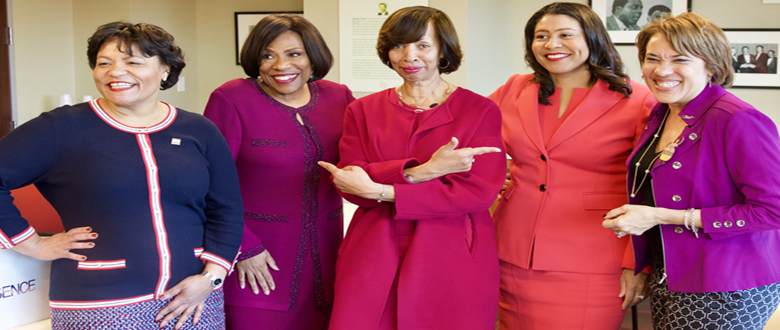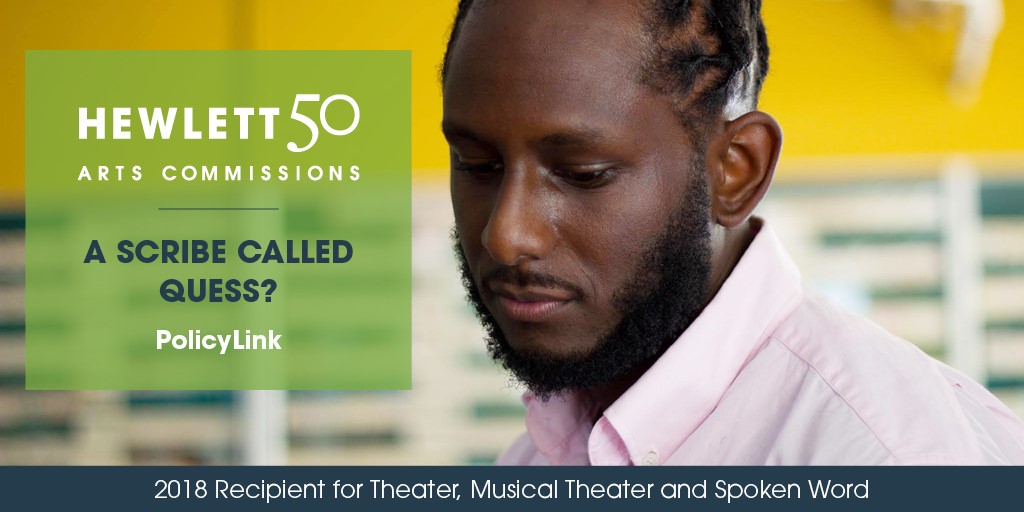Good Food Here Store Owner Guide
Overview
An initiative of the Ohio Department of Health, Creating Healthy Communities (CHC) is committed to preventing and reducing chronic disease statewide. Through cross-sector collaboration, CHC activates communities to improve access to and affordability of healthy food, increase opportunities for physical activity, and assure tobacco-free living where Ohioans live, work and play. By implementing sustainable evidence-based strategies, CHC is creating a culture of health. Learn more about their work here.
This guide offers tools for healthy food retail store owners sell healthy foods at their store.
Check out these other resources produced by the Creating Healthy Communities Program:


